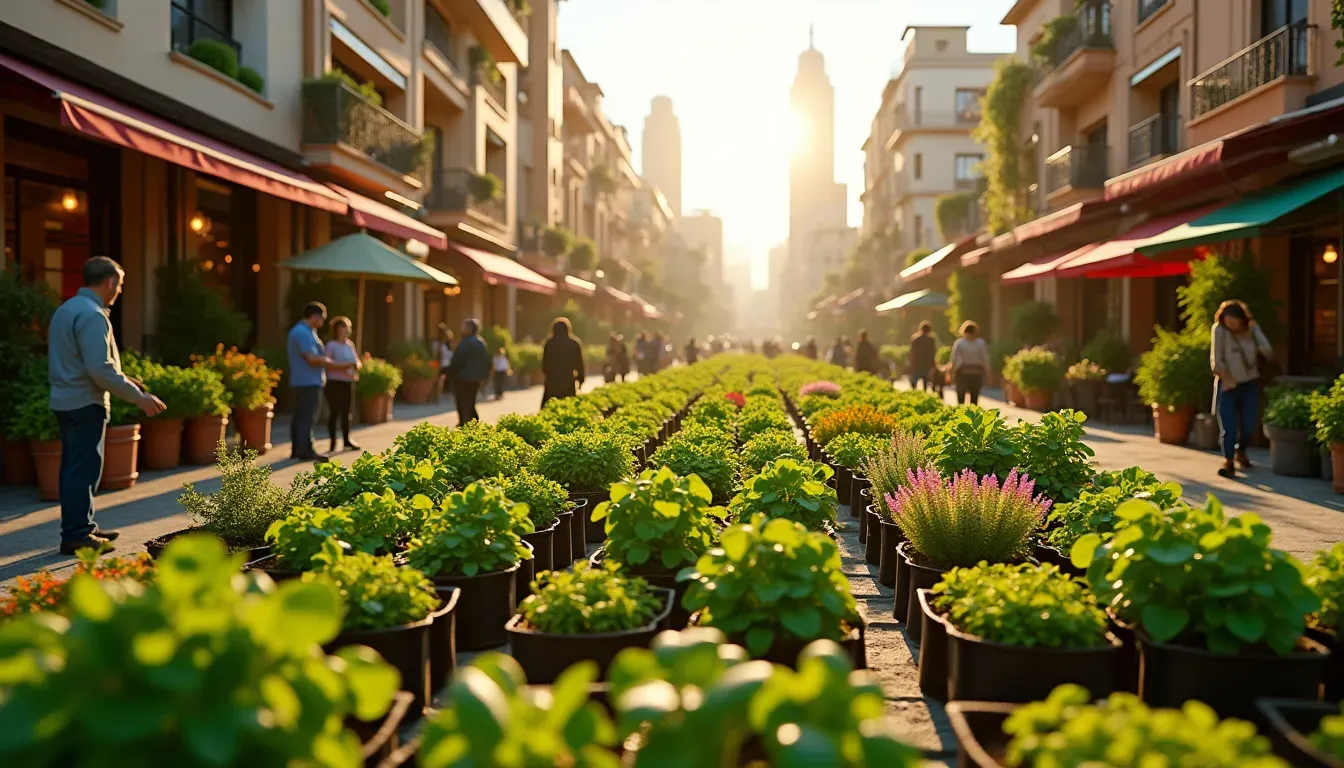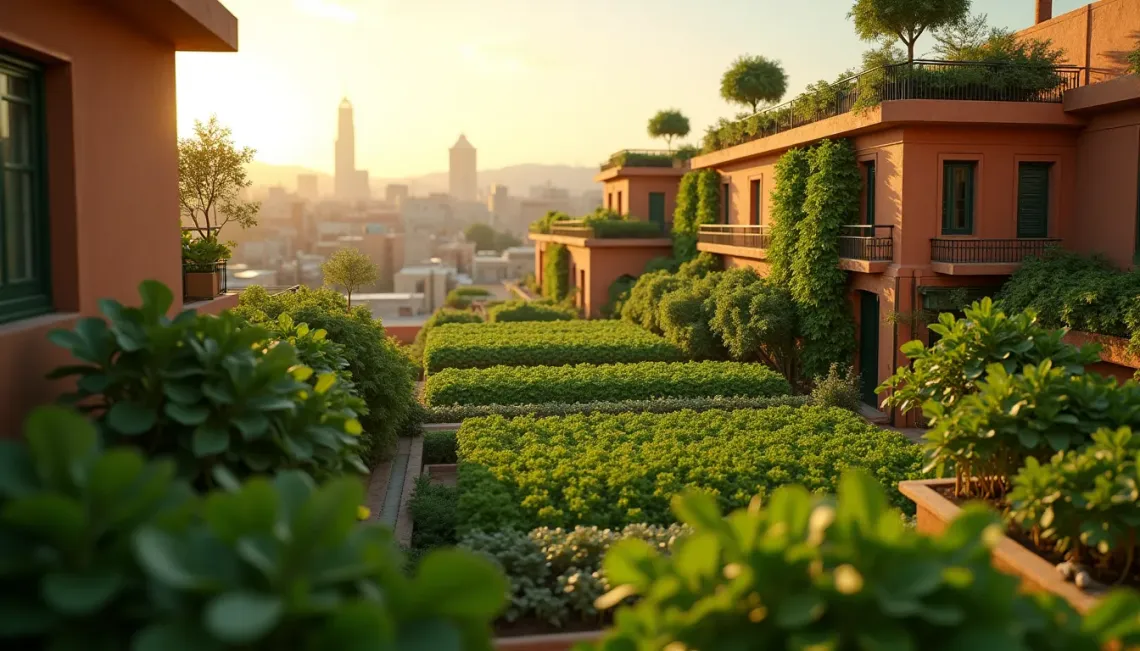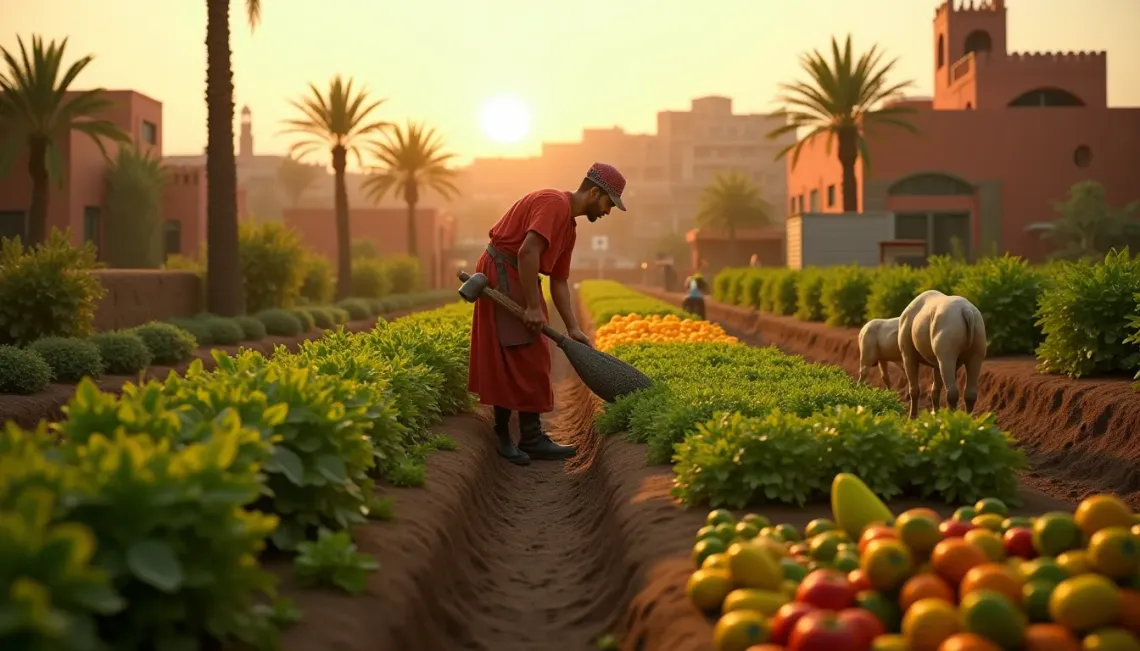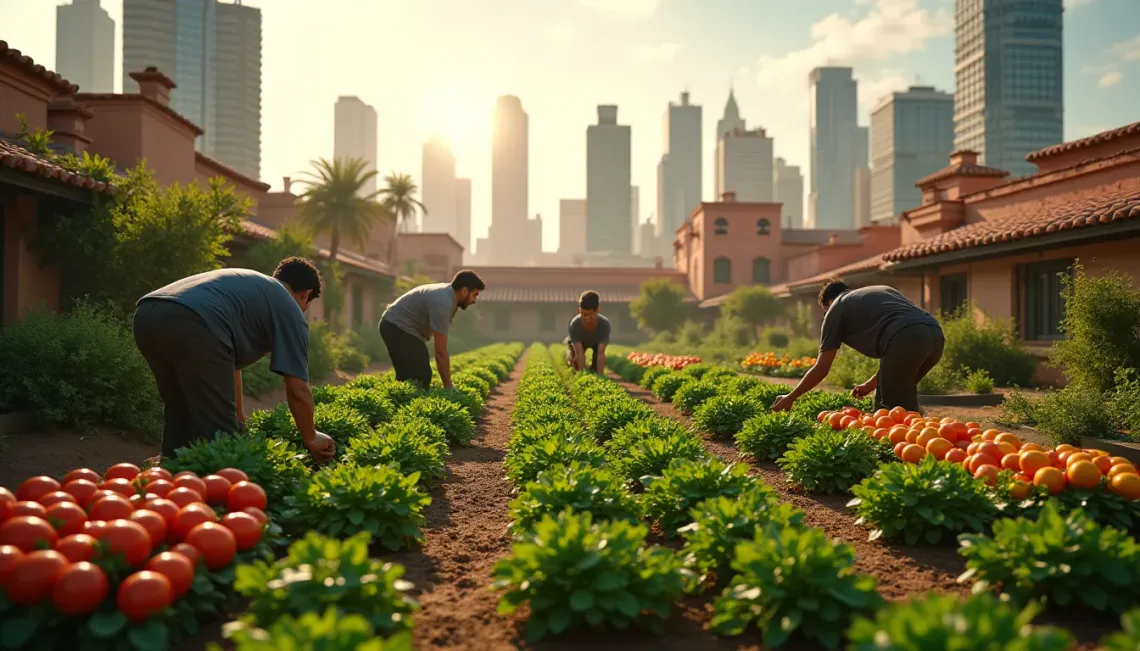Urban farming is steadily gaining momentum in Moroccan cities, revolutionizing the landscape of local communities through sustainable agriculture. This grassroot transformation is influencing not just the environment but also the socio-economic fabric of Moroccan society. As urban agriculture takes root, cities are witnessing significant opportunities for growth and development.
The Rise of Urban Farming in Moroccan Cities
In recent years, urban farming in Morocco has seen remarkable growth. Major cities, such as Marrakesh, Casablanca, and Rabat, serve as prime examples of how communities are embracing this concept. What was once considered a niche activity is now becoming mainstream, as city dwellers recognize the myriad benefits of cultivating crops within urban environments.
Factors Fueling Urban Agriculture
- Increased Awareness: With rising concerns about climate change and food security, more citizens are turning to sustainable agriculture practices.
- Economic Benefits: Urban farming provides additional income sources and reduces household expenses on groceries.
- Community Engagement: Urban agriculture fosters community spirit, bringing together people of diverse backgrounds to work towards common goals.
Community Transformation through Sustainable Agriculture
The impact of urban farming on communities in Moroccan cities is profound. This movement is not only transforming physical spaces but also reshaping social norms and community interactions.
Environmental and Economic Impacts
Urban farming contributes significantly to environmental sustainability. By creating green spaces in otherwise densely built environments, these projects improve air quality, reduce the urban heat island effect, and promote biodiversity.
Economically, urban agriculture enables residents to produce and sell locally-grown foods, promoting food independence and boosting local economies. The employment opportunities generated by such initiatives are invaluable, especially in areas facing high unemployment rates.
Urban Farming Initiatives
Various initiatives are spearheading the urban farming movement across Morocco. From community gardens to rooftop farms, these projects demonstrate the versatility and adaptability of urban agriculture.
Case Studies in Moroccan Cities
- Casablanca’s Rooftop Gardens: Numerous buildings in Casablanca have transformed rooftops into productive agricultural spaces, effectively utilizing unused land and improving local food resources.
- Marrakesh Community Gardens: These gardens act as both educational tools and social spaces, teaching citizens about sustainable practices and fostering social cohesion.
The Future of Urban Farming in Morocco
As urban farming continues to gain traction in Moroccan cities, the potential for further community transformation and sustainable agriculture is immense. The government and private sectors are beginning to recognize and support these initiatives, understanding how crucial they are to urban resilience.
Challenges and Opportunities
While the growth of urban agriculture in Morocco presents numerous opportunities, it also faces challenges such as limited space and resource constraints. Overcoming these hurdles will require innovative approaches and strong policy support.
Potential areas for development include expanding educational programs and investing in technologies that enhance the efficiency of urban farming practices.
In conclusion, urban farming is a transformative force in Moroccan cities, embodying the principles of sustainable agriculture and community transformation. As this movement continues to evolve, it promises to make cities greener, more resilient, and socially vibrant. For more insights on sustainable practices and their impact, explore our related articles on renewable energy and community-driven initiatives.




